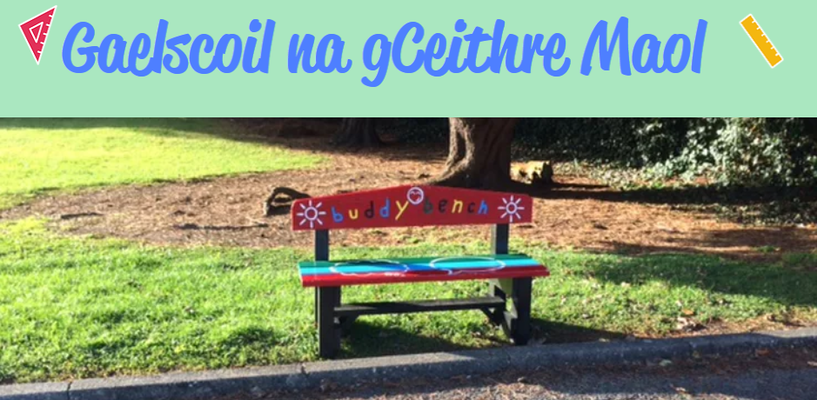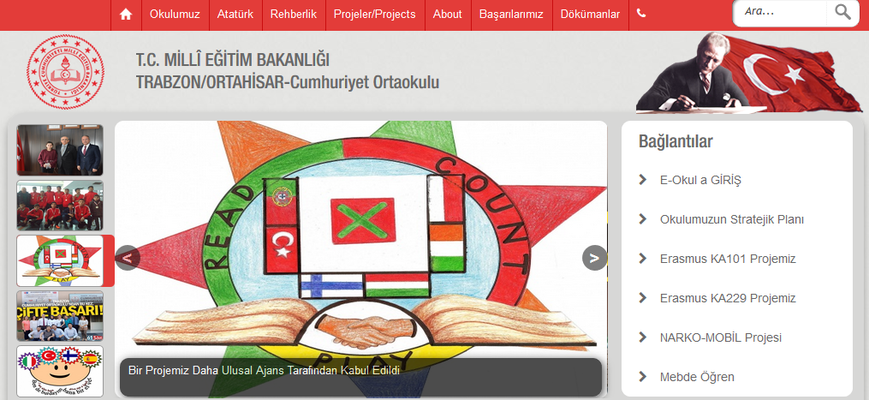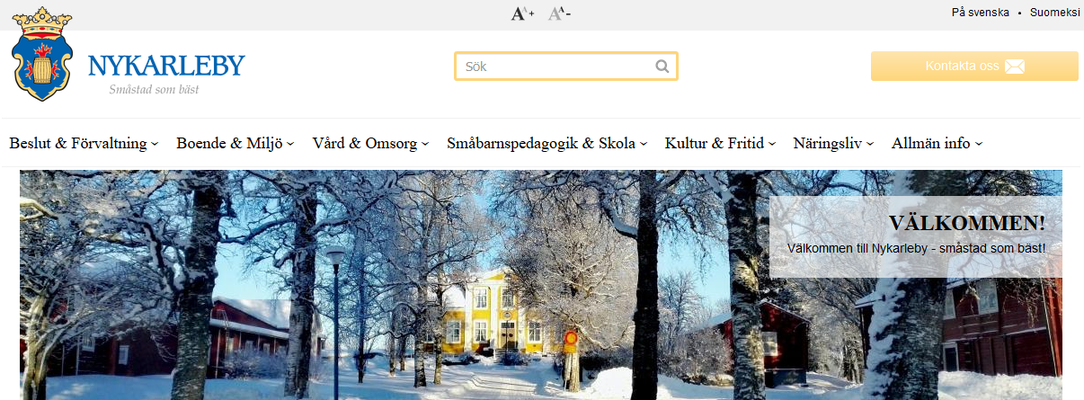Ireland - Project Coordinator

We are a Gael Scoil which means we teach subjects through Irish. We have 115 students 7 teachers a Special Needs Assistant. We are classified as a disadvantaged school. Our pupils are from age 4-12 years old. We are located in the lovely town of Ballina in the West of Ireland, famous for it's salmon fishing and scenery. We are half an hour drive from the beach and the mountains. We were motivated to join this project to help improve our ability to engage children in the learning of reading, writing and arithmetic. This is an area of concern in the school. By exchanging ideas with our European peers we aim to improve our teaching methods. Through the tasks set and the ability to learn from others in Europe our children will have great experiences and through this the aim is to continue develop their life skills.
Hungary

Kossuth Lajos Gimnázium és Általános Iskola is the common name of a group of schools in the north-eastern part of Hungary, on the Great Hungarian Plain, 160 kilometres from, Budapest. Kossuth Lajos Primary School and Kossuth Lajos Secondary Grammar School both can be found in Tiszafüred. The primary school has 250 pupils and 30 teachers. The secondary school has 412 pupils and 46 teachers. Pupils are 6 and 18 years old. There is a junior section (ages 6-10) and a senior section (ages 11-15) in the primary school and the secondary grammar school is for pupils between 11 and 18. After finishing the junior section of the primary school the most talented students can continue their studies in the secondary school. In the primary section the number of special needed pupils is growing. From the surrounding villages more and more pupils coming with disadvantageous socioeconomical background. Our school doesn’t have any refugees, we have children from ethnic minorities. We have realized that these pupils, who are basically demotivated, can find motivation and feel confident when doing sports, which helps to reduce early school leaving. Although these pupils are not good at studying they will become successful in physical activities. The primary part of our school is proud to have been one of the base institutions of the Hungarian Red Cross organization for four years. Its football team have got great awards in regional and in national level as well. The secondary school is specialized in languages, mainly English, German and Russian and it also provides great opportunities for sport lovers. As we had experienced in our previous Comenius and Erasmus+ projects our pupils can be involved in project activities and they like these things very much. With the help of these international relationships they get to know about other countries and cultures. They find similarities and differences among the participating nations. By learning about different nations our pupils get closer to an approach of accepting others and themselves. The idea of being European is considered to be very important at our school.
Turkey

Our school, Cumhuriyet Secondary School, is located in Ortahisar, the city center of Trabzon, Turkey. The city is established on the Black Sea Coast. It's small and beautiful with natural beauties and historical places. We have 76 teachers, 16 staff, 933 students aged from 10 to 13. Most come from middle-class and rural families. There are many students of different nationalities, migrants from Afghanistan, Iraq, Iran and a student from Georgia. We are happy to have diversity amongst pupils.
We have a kinder garden with 71 Pupils and 5 teachers, 11 Special Needs Students with mental or physical disabilities aged 8 to 14 are also educated here by 2 teachers. We have a class for 4 autistic students with 2 teachers. There are 14 students who have mainstream education. There are 29 children with special needs who have mental or physical disabilities.There are some social activities for our students. They can develop their skills at art, music, folk dancing, chess, drama,football and volleyball. We have classes after school on weekdays, including for entrance into exam for the high school. Our aim is to ensure that every child acquires the basic knowledge, skills, behaviors, and habits to become a good citizen, is raised in line with the national moral concepts and is prepared for life and for the next education level parallel to his/her interests and skills. Like all the schools in the project, we will participate in all of the planned activities, organizing a meeting for all partner schools and host an exchange of pupils. The idea of the Project arose from the willingness to make our students read more, play more with their peers around Europe instead of spending too much time in front of the computers, playing online games whole day. Through these activities, they will use Math which is very important in every part of life. We wonder how the others solve a math problem? What kind of tales they have? How they play and sing in different languages? How they act/ dance? What animals and flowers they have and whether we have same. We are eager to learn the geography and history of the countries in Europe and what they eat and how they cook them. Being part of the project will also help us to exchange experiences, knowledge as well as increasing the quality of school competences.Being a participant in the project will be a great opportunity for students to preparation for the role of European citizen.We as teachers and pupils are experienced in European Projects.
Portugal - Madeira Island

Escola Básica e Secundária Gonçalves Zarco is a post elementary and secondary school. It has 200 teachers, 1500 students, from and 130 adult students who attend night classes. Its curriculum offers several levels from 5th to 12th grade. We offer vocational night classes for adults. We implement a project called Senior University where elderly citizens have weekly classes where they acquire more knowledge, share their wisdom and experience. The school is located in an economically disadvantaged suburban of Funchal city. Most students come from low-income families. Most parents only completed elementary school levels.The school pays great attention to vocational guidance of students and develops more vocational training courses. Many students are economically disadvantaged and are supported and followed by social welfare. The majority of our pupils have never been abroad and have a narrow view of events in the world. Thus it's important for them to have the opportunity to have a better social and cultural life, international collaboration and give them the tools to help them move from the national to a wider European context. We are intent on promoting the educational success of our students.Teachers and school management are interested and motivated. We all recognize the value of regional, national and international projects for our students’ personal and academic development and also for our teachers’ lifelong learning, for the development of our school, our Region and our country.
Finland

Zachariasskolan in Nykarleby is a primary and lower secondary school with about 540 students between the ages of 6 and 16. We have about 70 teachers and teaching assistants. Up until the school year of 2017-2018, we were three different schools that are now, as of August 2018, merged into one. In this project, the department for grades 7-9, formerly Carleborgsskolan, is involved. The changes that came along in the merge will not only concern the administration and teaching, but also the building - our school is now being renovated and rebuilt so once we host our mobility in 2020, we will be able to welcome our guests to a new and innovative learning environment.
Afterschool activities includes homework help, an international club and a gym club. Many of our students are involved in for example sports associations or a youth orchestra. Zachariasskolan is located in Nykarleby, a small town on the west coast of Finland with students who live in the town or come to school by bus from the surrounding countryside. Agriculture and fur farming are significant trades in the area and people tend to live close to the nature and wildlife of the area. The town is also known for the remarkable number of writers it has produced. When it comes to European projects, we are beginners at our school, excited to learn more and make international projects a new tradition.
Poland

Primary School no 7 is located in the suburbs of Ostrów Wielkopolski, in western Poland. The pupils age from 6 to 13 years old. The district is inhibited by about 3 000 people, who mostly live in detached houses. Often young people live with their parents and/or grandparents. This is difficult for the young people who want to have some freedom and privacy. Some of them organize non-formal groups and spend their free time in non-accepted way. The school tries to help those students by organizing psychological therapy and additional afternoon classes for underprivileged children.
School staff: 4 special education teachers, a psychologist, 3 speech therapists. The school cooperates with local community, institutions, organizations, and town government to provide as much help to the pupils as possible. The social provides free meals, free books, school equipment, social scholarship, occasional gifts for Christmas and Easter. 5 students are not able to follow the mainstream curriculum and are studying an adapted program. We have many Roman families in our area. The Roman minority are reluctant to attend schools. They finish their education after 2 or 3 grades. Some of them never attend school. A big problem especially with the girls. Recently, we faced a problem of immigrant children returning with their parents from Western Europe and the UK. They encounter adaptation problems because of the language and in some cases skin colour. Another problem caused by migration is family damage. Many parents work abroad leaving their children with grandparents or other family members.
See the school - video